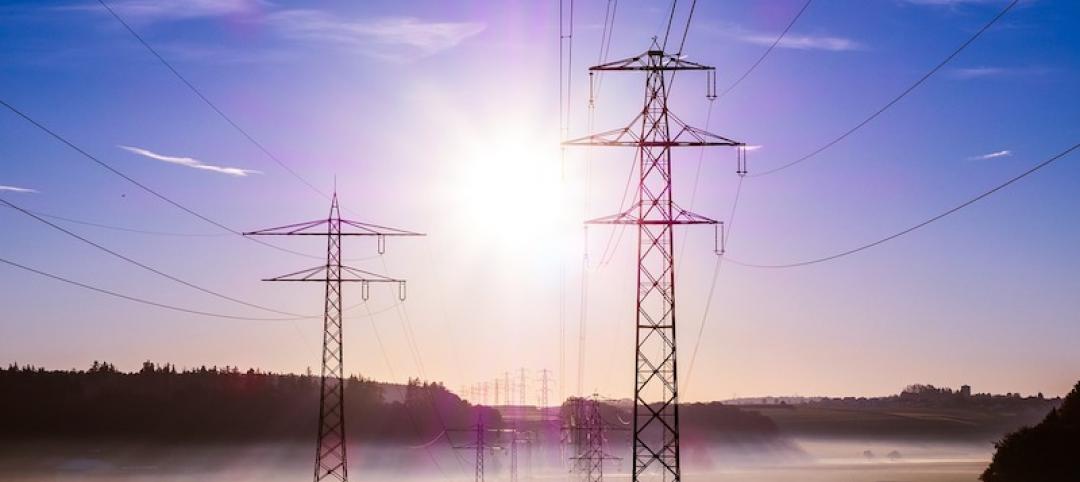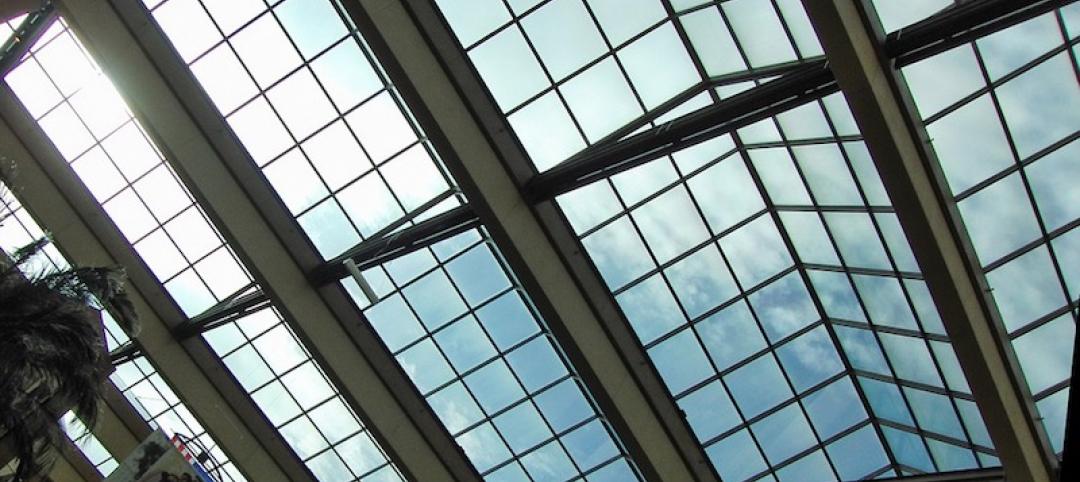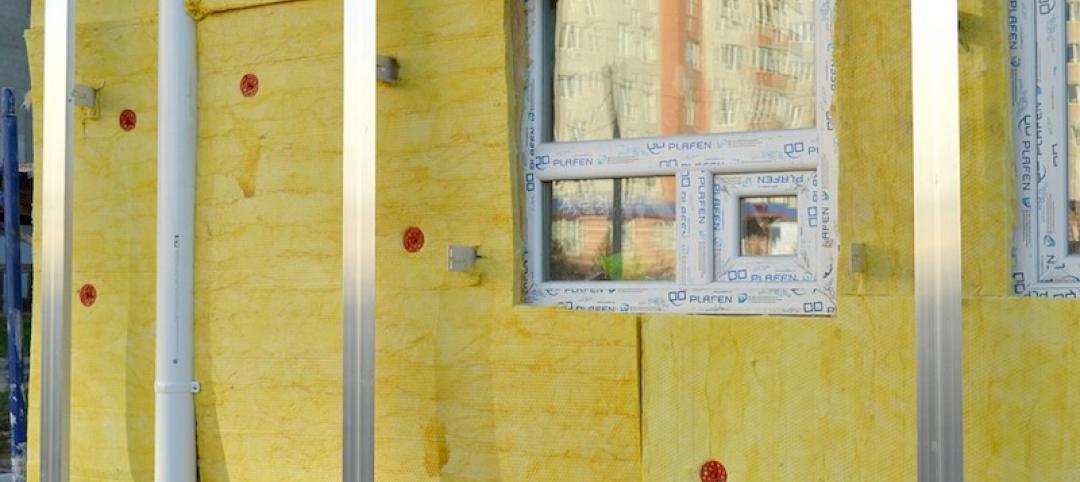The 2021 Hospital Energy and Water Benchmarking Survey by Grumman|Butkus Associates found that U.S. hospitals’ use of fossil fuels is declining since the inception of the annual survey 25 years ago, but electricity use is dipping more slowly.
The average combined Btu/ft2 (electricity plus gas/steam) for participating facilities was 236,743 in this year’s survey, up from 233,491 in 2019. “However, interpretation of year-to-year trends should be tempered by the realization that the respondent pool for the 2021 survey was different from the pool from the 2020 edition, due to the stresses that COVID-19 response placed on the healthcare facility personnel who normally participate, particularly during 2019,” according to a news release.
Hospitals’ average carbon footprint has remained fairly steady at 50 to 60 pounds of CO2 equivalent per square foot per year since GBA began calculating carbon data in 1999. CO2 footprint in 2020 was up from a low in 2019 (likely attributable to a change in respondents for the 2020 survey), but still shows an 18% decrease from 2018.
“To meet the ambitious goals put forth by the Biden Administration, hospitals will have to achieve much more significant reductions in the near term,” says GBA-Illinois Chairman Dan Doyle. “These reductions can only be achieved by implementing larger and more costly retrofits of existing buildings.
“The drive to decarbonize will also require building owners to embrace fuel switching to renewable-based energy sources. Many leading healthcare systems are implementing on-site renewables (usually solar photovoltaic systems), as well as off-site renewables, often funded through Power Purchase Agreements (PPA) to purchase some or all of their electricity.”
Related Stories
Codes and Standards | Oct 11, 2018
On-site staff key to energy benchmarking project for property management company
Manager training, data sharing are critical to meeting 20% utility cost reduction goal.
Codes and Standards | Oct 10, 2018
Interactive heat maps track temperature ranges in U.S. cities
Urban heat island effect can vary by as much as 37°F in the same city.
Codes and Standards | Oct 9, 2018
Power systems will become more decentralized for better disaster resiliency
Businesses, homeowners will control more power-generation capacity.
Codes and Standards | Oct 5, 2018
Getting commitments from key subs critical on government contracts
Withdrawn subcontractor bids can be costly.
Codes and Standards | Oct 4, 2018
Internal watchdog says EPA falling short to protect school children from asbestos
Agency not conducting enough inspections, report says.
Codes and Standards | Oct 3, 2018
Climate change impacts could prompt realignment of assets for commercial property developers
Strategies include reducing exposure to properties in flood-prone areas.
Codes and Standards | Oct 2, 2018
Political will, tougher standards needed to reach carbon neutral goal
Stretch codes, more stringent credentials for designers, contractors, and inspectors may be needed.
Codes and Standards | Sep 27, 2018
Natural light is the most prized office perk
Employees crave sunshine and views of the outdoors more than cafeterias, fitness centers, and childcare.
Codes and Standards | Sep 26, 2018
Industry consensus needed for multifamily energy efficiency retrofit approach
Choice of insulating materials can impact indoor air quality, resident health.
Codes and Standards | Sep 25, 2018
New market forces disrupting global real estate development industry
Executives concerned about trade policy, labor shortages, approval processes.
















